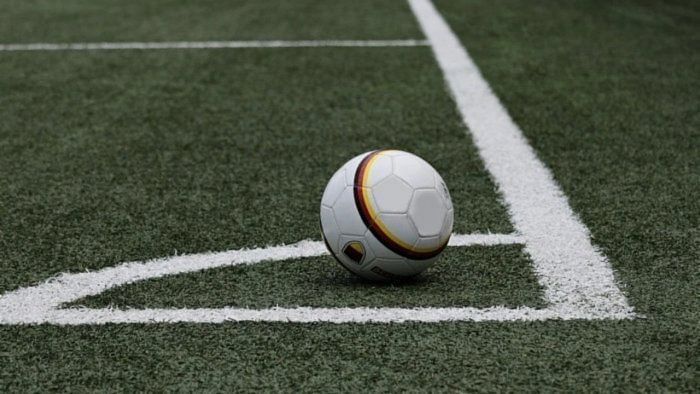
China has withdrawn as the 2023 Asian Cup host due to the coronavirus, football officials said Saturday, with Beijing's strict zero-Covid strategy dealing another blow to the country's sporting ambitions.
Authorities in China are pursuing a strategy of stamping out the virus entirely, which includes rapid lockdowns and mass testing, and millions in Shanghai have faced onerous restrictions for more than a month.
But the measures -- now rare globally, as most countries shift to living with Covid -- have made hosting sporting events a major challenge.
The Olympic-sized Asian Games, due to be staged in September in Hangzhou, had already been postponed last week, and on Saturday the Asian Football Confederation (AFC) said China would not host the Asian Cup.
Chinese football officials had informed the governing body that they would not be able to host the 24-team competition, which was to be staged in 10 cities in June and July next year.
No new host nation was named, with the AFC saying that next steps related to the tournament would be announced in due course.
"The AFC acknowledges the exceptional circumstances caused by the Covid-19 pandemic, which led to the relinquishment by (China) of its hosting rights," the governing body said in a statement.
Those involved in organising the tournament had made "this very difficult but necessary decision in the collective interests of" the tournament, it added.
The Asian Cup is staged every four years. Qatar won the last edition in 2019.
It would have been the second time that China had staged the Asian Cup. They hosted it in 2004, when they lost 3-1 to Japan in the final.
The loss of major sporting events is a blow to the ruling Communist Party, which had burnished its global image with an array of dazzling spectacles such as Beijing's 2008 Summer and 2022 Winter Olympics
China has also staged tennis and golf tournaments featuring all the world's leading stars, and a showpiece annual Formula One grand prix.
But with the exception of this year's Winter Olympics -- held in a virus-secure, closed-loop Beijing bubble in February -- the world's most populous nation has cancelled or postponed almost all events since Covid emerged in Wuhan in late 2019.
Experts now believe that the costly and labour-intensive Winter Olympics bubble now appears to have been the exception rather than the rule.
Asian Games organisers have said new dates will be announced "in the near future" for the tournament, which typically attracts more than 10,000 athletes and were scheduled to take place from September 10 to 25.
Host city Hangzhou lies less than 200 kilometres (120 miles) from Covid-hit Shanghai.
China's biggest city has for weeks faced a shifting mosaic of lockdowns that have seen some of its 25 million residents scuffle with police and unleash a flood of fury and frustration on social media.
There was panic buying in Beijing last week after rumours spread that the capital could be placed under an onerous lockdown like that in Shanghai. Hundreds of areas across the capital are facing some form of restrictions as cases rise.